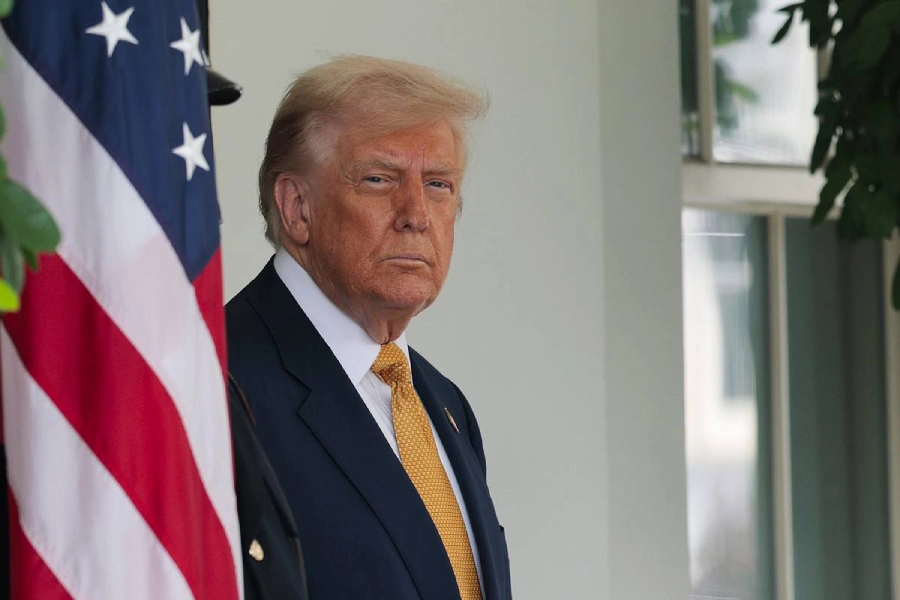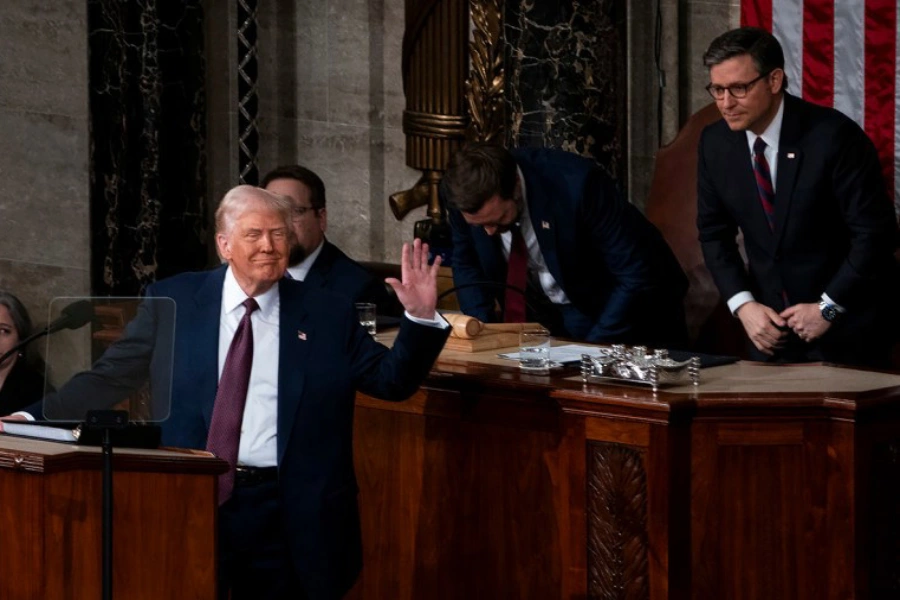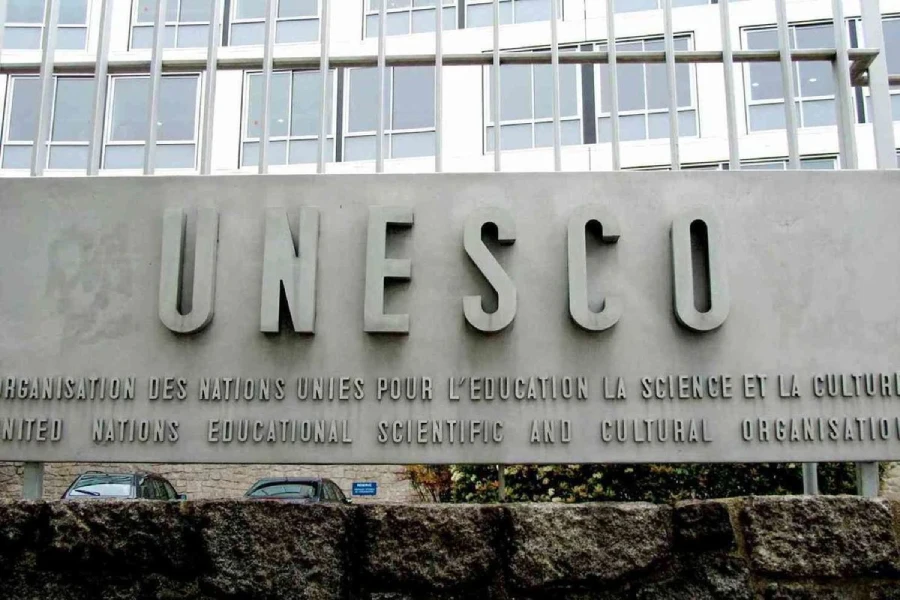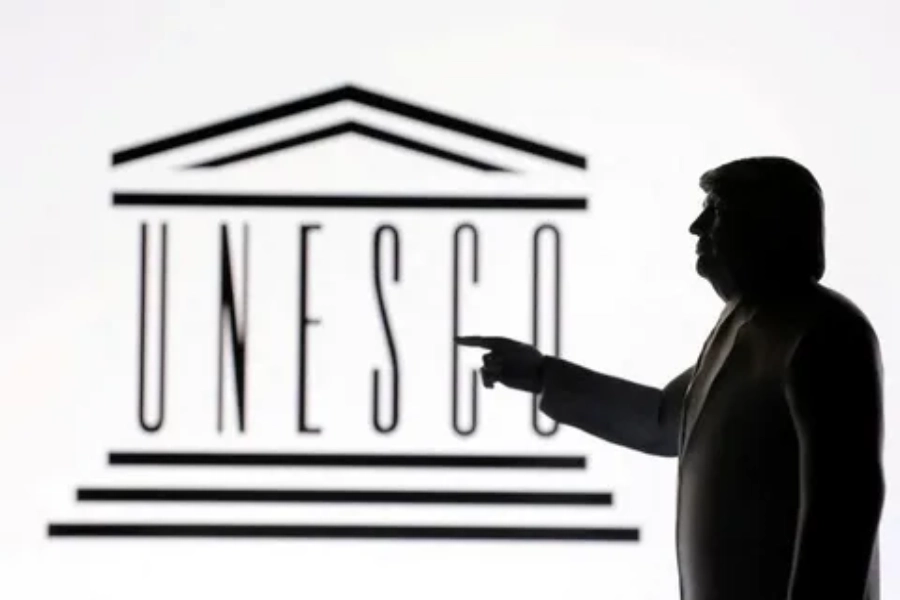The United States, under the Trump administration, has officially announced its withdrawal from UNESCO (United Nations Educational, Scientific and Cultural Organization), citing deep ideological differences and concerns over the organization’s recognition of Palestine as a full member.
The decision was confirmed by White House press officials and is set to take effect by December 31, 2026, in accordance with UNESCO’s formal withdrawal procedures.

The US and UNESCO: A History of Clashes
This isn’t the first time the US has walked away from UNESCO. This latest departure continues a long-standing pattern of political friction between the two:
-
1984 – Reagan pulled out over concerns about anti-Western bias and mismanagement.
-
2003 – George W. Bush rejoined UNESCO.
-
2018 – Trump withdrew over the admission of Palestine.
-
2023 – Biden returned the US to membership.
-
2025 – Trump, in his second term, withdrew again.
According to Trump officials, UNESCO promotes “divisive globalist agendas” and undermines American sovereignty, especially in light of Palestine’s ongoing recognition.
Why the US Left UNESCO in 2025: Legal and Strategic Grounds
Legal Procedure:
-
The US must submit formal written notice to UNESCO.
-
The exit becomes effective at the end of 2026, giving time to wrap up obligations.
-
The process is governed by UNESCO’s Constitution and the Vienna Convention on the Law of Treaties.
Strategic Implications:
-
Loss of influence in global policymaking on education, science, and culture.
-
Reduced collaboration for US institutions like museums, universities, and research centers.
-
Constitutional questions about executive power: Can the President unilaterally withdraw from international bodies with financial ties?
Legal scholars are watching closely to assess whether the withdrawal respects domestic and international law frameworks.

The Financial and Diplomatic Fallout of Leaving UNESCO
The US has long been one of UNESCO’s largest funders. The withdrawal could deal a serious financial blow to the organization:
-
From 2011 to 2023, the US withheld funds over Palestine’s admission.
-
UNESCO faced major budget shortfalls and postponed key cultural and scientific initiatives.
-
With the 2025 withdrawal, many ongoing joint projects may be canceled or frozen.
Diplomatically, this move may signal to other nations that UNESCO is vulnerable to political disputes, potentially triggering more withdrawals or reduced cooperation.
UNESCO, Palestine, and the Heart of the Controversy
A core reason for the US exit is UNESCO’s ongoing recognition of Palestine as a full member, a status granted in 2011.
-
The US and Israel have both protested this move repeatedly.
-
Trump’s administration described it as “biased and inconsistent with peace efforts.”
-
Palestine’s membership has become a symbolic flashpoint for broader debates about international recognition and diplomacy.
The UNESCO-Palestine relationship has become an indicator of deeper global divides.

Global Impact: What the US Exit Means for UNESCO
UNESCO’s mission includes:
-
Protecting World Heritage Sites
-
Promoting education and literacy
-
Supporting global scientific collaboration
-
Fostering cultural understanding
Without the US:
-
The organization risks losing funding, political legitimacy, and technical resources.
-
Countries like China, Russia, or EU members may step into leadership roles the US once held.
-
US-based World Heritage nominations may face delays or political resistance.
Legal Takeaways for International Law and Policy Experts
For legal and diplomatic professionals, the US withdrawal from UNESCO is a textbook case on:
-
Treaty exit mechanics under international law.
-
Executive power limitations in foreign policy decisions.
-
Budgetary obligations post-withdrawal.
-
The role of ideology in shaping legal justification for multilateral disengagement.
This event blends law, politics, and global diplomacy in ways that will be studied for years.
Final Thoughts
The US exit from UNESCO in 2025 is far more than symbolic. It marks a significant shift in how the US views multilateral engagement, and what it’s willing to sacrifice for perceived national interest.
Whether the US reconsiders its position or doubles down on unilateralism, this decision:
-
Weakens America’s soft power
-
Strengthens the role of competing powers
-
Sets legal precedents for future international withdrawals
As global challenges grow — from climate education to cultural preservation — the absence of the US in UNESCO leaves a noticeable vacuum in international cooperation.
FAQ
Why did the US leave UNESCO in 2025?
The United States cited ideological bias, including UNESCO’s recognition of Palestine and promotion of globalist agendas, as reasons for the withdrawal.
When will the US withdrawal from UNESCO take effect?
The withdrawal will officially take effect on December 31, 2026, based on UNESCO’s withdrawal procedures.
Has the US left UNESCO before?
Yes. The US withdrew in 1984 under Reagan and again in 2018 under Trump. It rejoined in 2003 and 2023 before withdrawing once more in 2025.
What are the consequences of the US leaving UNESCO?
The US loses its voting rights and influence within UNESCO. It may also affect funding, international cooperation, and American institutions tied to UNESCO projects.
Why is Palestine’s membership in UNESCO controversial for the US?
The US considers Palestine’s recognition by UNESCO as inconsistent with its foreign policy and support for Israel, leading to funding suspensions and withdrawal.
Could the US rejoin UNESCO in the future?
Possibly. Future US administrations may reverse the decision depending on geopolitical priorities and global diplomacy shifts.

